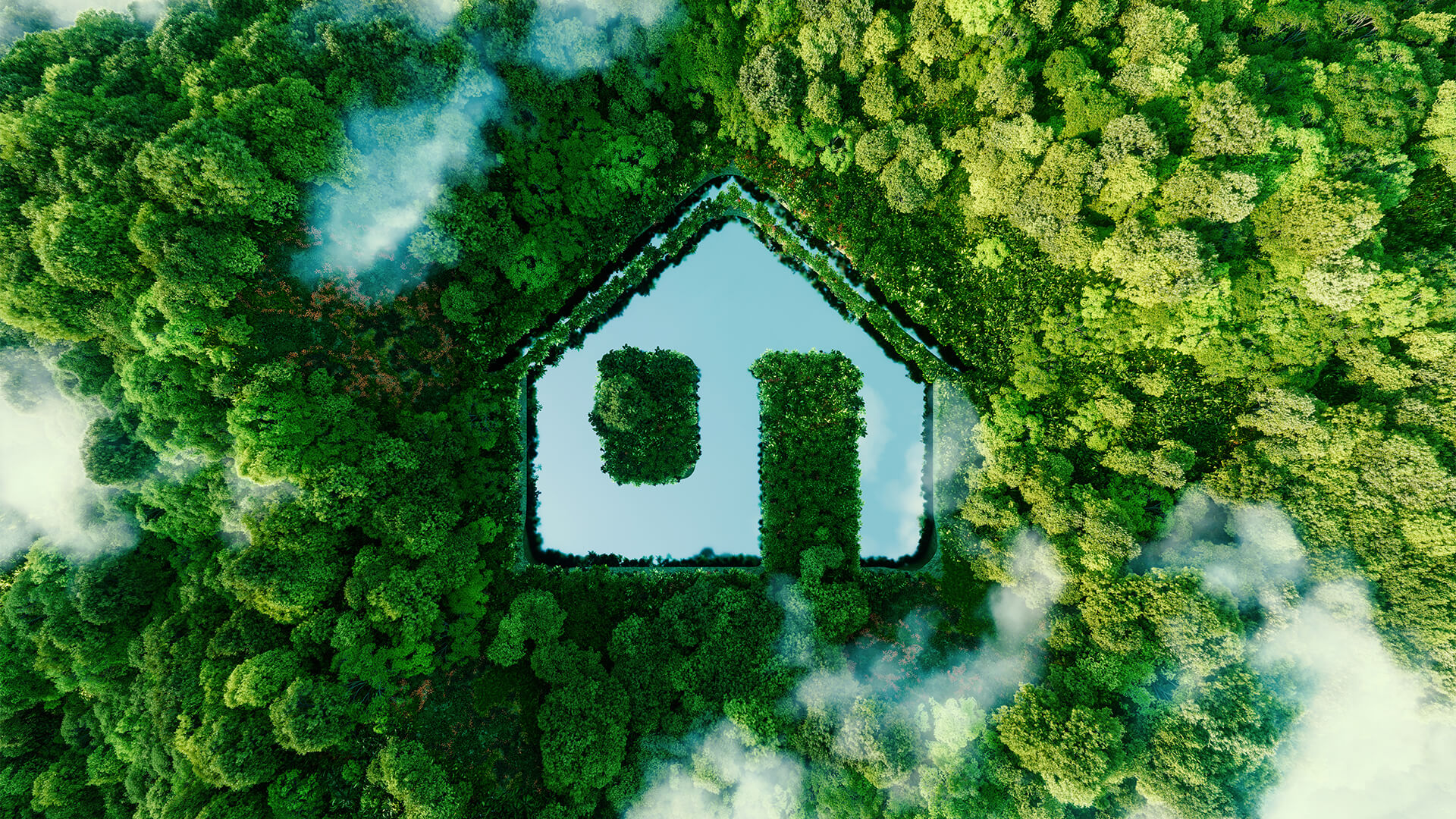Homeowners up and down the country are future-proofing their homes in a response to the cost-of-living crisis.
The social media movement features several inventive, eco-friendly home improvements from wall insulation to rain barrels which are saving Britons a few precious pennies as well as the planet.
This fits with recent findings from Halifax which show that over a fifth of people making home improvements are doing so to improve energy efficiency. This is increasingly important as energy bills soar and we all feel the pinch of inflation.
The trend places an emphasis on sustainable living with features such as solar energy, high-performance windows, energy efficient appliances and sustainable materials all regularly featuring on the social streams of Instagram, Pinterest and TikTok.
Reportedly, around eight in 10 are more inclined to make home alterations than six months ago which clearly shows reduced energy bills and current living conditions as motivation. Meanwhile, other benefits can include better air quality, warmer living spaces and all-round more comfortable homes.
While your energy bills may never be net-zero, your carbon emissions can. Here are our top tips for making your home a cosy haven of green living.
1. Solar power: an investment in your future
In 2022, Solar power can be a stylish, subtle addition to any eco-conscious home. Solar panels capture the sun’s energy and convert it into electricity that you can use in the homeplace. This can help bring energy costs down and is a clean, renewable energy source in line with modern, carbon-neutral concerns.
Solar power can be an investment in your future too and can add thousands to your property valuation. Recent findings show that on average, residential solar panels boost house prices by an average of £30,000 across the UK. This added value is generated through energy bill savings in addition to the ability to sell surplus energy back to the national grid.
Forward-thinking concepts such as passive solar design take advantage of the specific orientation of your home and employ the sun’s natural direction to create a comfortable temperature within your home all year round.
2. High performance windows: more resistant to environmental forces
Supplement your swish solar panels with some high-performance windows ergonomically designed for maximum energy efficiency. Recent sustainability trends seek to enhance window aesthetics while making them more sustainably conscious. This can be achieved through double/triple glazing technology, special coatings and non-conductive frames. Better products will be more resistant to environmental forces, maintaining warmth through winter and cool in summer. This can again slash energy costs and place less stress on mechanical equipment – such as fires or radiators – used to heat or cool your living spaces.
3. Energy efficient appliances: reduce energy emissions
Another way to go green is to increase the efficiency of the appliances within your household. One key example is the smart meter which allow homeowners to really improve their energy usage, save money and reduce energy emissions. Smart meters give a real-time picture of your energy usage, while reducing the need to frequently submit meter readings which is helpful to your supplier. Often, in light of this, many energy companies will install these for free as the government seeks to modernise the UK’s energy infrastructure.
In addition to this, configuring your thermostat effectively can time when and which radiators turn on in line with the central heating. This should be complemented by proper cavity insulation which further reduces heat loss.
Energy efficient mood lighting not only looks great but can save you money too while water efficient taps and shower heads are a good way to keep water waste as low as possible.
4. Sustainable Materials: choose carbon neutral or natural
When making home improvements, it’s increasingly popular to do so with sustainable natural materials. This can incorporate durable, carbon neutral materials which serve to enhance the overall sustainability of your home construction and daily operation. Another sage choice is to use recycled materials such as brick, stone and glass.
An increasingly popular, Instagram-friendly alternative is the green roof which brings the natural world into typically urban areas. These can even have insulating effects while enhancing biodiversity.
































